European Science Foundation’s European Space Sciences Committee welcomes decisions taken at ESA Inter-Ministerial Council meeting 2018
November 12, 2018
The European Space Sciences Committee (ESSC) – the independent expert committee on space sciences of the European Science Foundation (ESF) – welcomes the outcome from the recent ESA Inter-Ministerial Council meeting that took place in Madrid, Spain on 25 October 2018, under the chairmanship of Mr Pedro Duque, Spanish Minister responsible for space.
The ESSC wishes to express strong appreciation and support for the future vision and extensive commitment demonstrated by ESA Director General Jan Wörner in his proposal on “A United Europe in Space”, which was adopted by ESA Member States on 25 October 2018. This far-sighted (2019-2028) long-term plan strives to identify the “…substantial evolution expected to occur in the various fields of space activity and the different role that players and stakeholders, and primarily the Agency’s activities and programmes will be called upon to play in the coming years”.
The ESSC also witnesses with satisfaction the notable progress that was achieved in improving coordination between ESA and the European Union institutions. The ESA Member States adopted a resolution on 25 October 2018, giving mandate to the ESA Director General to establish appropriate relations between ESA and the European Union. The ESSC recalls that it has advocated for several years a reinforcement of these relations in order to promote a united and collaborative spirit across Europe which will foster European identity, energy and cohesion around the achievement of excellence in space sciences and technology.
The ESSC Chair, Dr Athena Coustenis, warmly welcomed these resolutions: “This is an acknowledgement of ESA Member States’ interest and willingness to invest in space science, technology and infrastructure. I urge Member States to continue to recognise space sciences, not as a cost but as a high-return investment with broad and exciting potential for European citizens and the economy”.
The ESSC was represented in the Inter-Ministerial Council by its Chair, Dr Athena Coustenis, and its Executive Scientific Secretary, Mr Nicolas Walter. ESF, the hosting organisation for the ESSC, was represented by its Chief Executive Dr Jean-Claude Worms.
Dr Jean-Claude Worms said: “Only with a strong space programme compatible with its scientific and economic importance on the world scene can Europe continue to play a major role at the international level in an area that will witness major changes in the years to come. This can only be achieved through ambitious long-term planning, adequate funding, and coordination between the various institutional actors, and primarily ESA and the European Union”.
